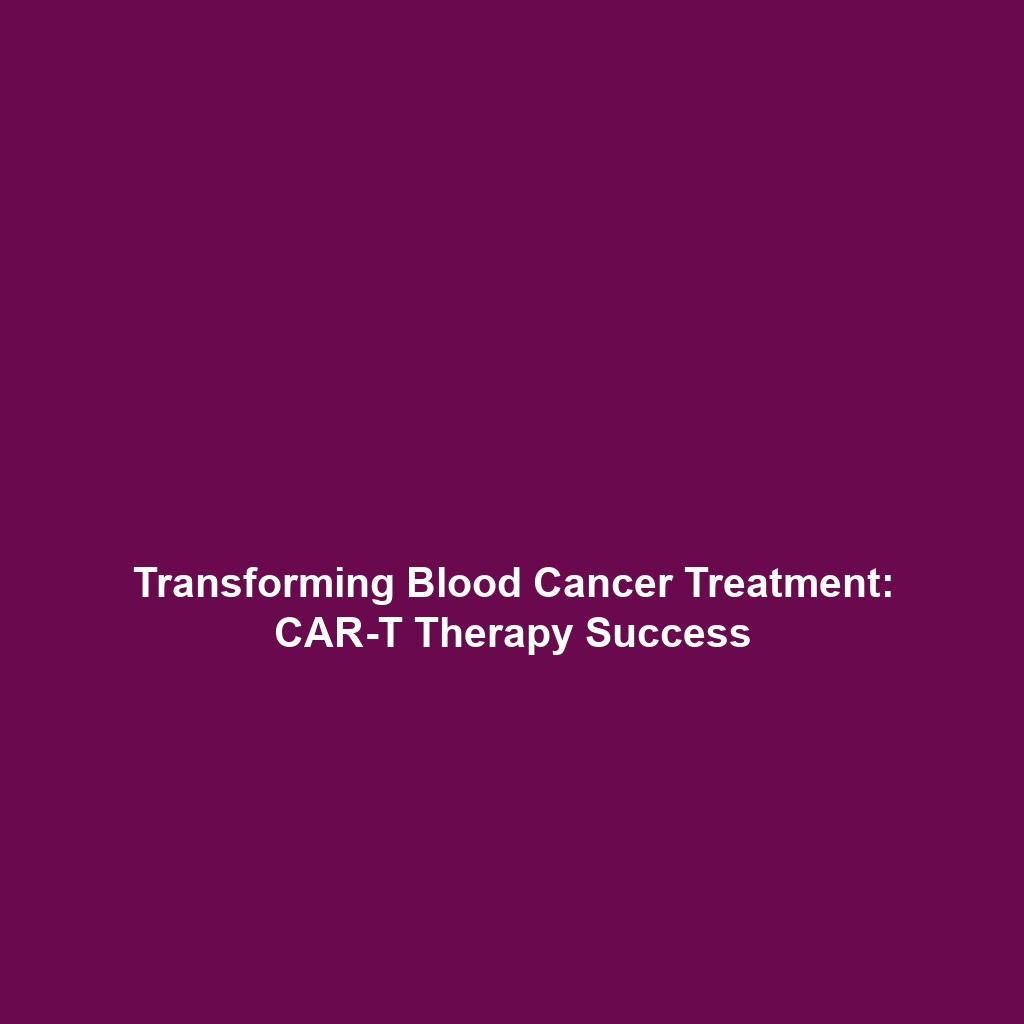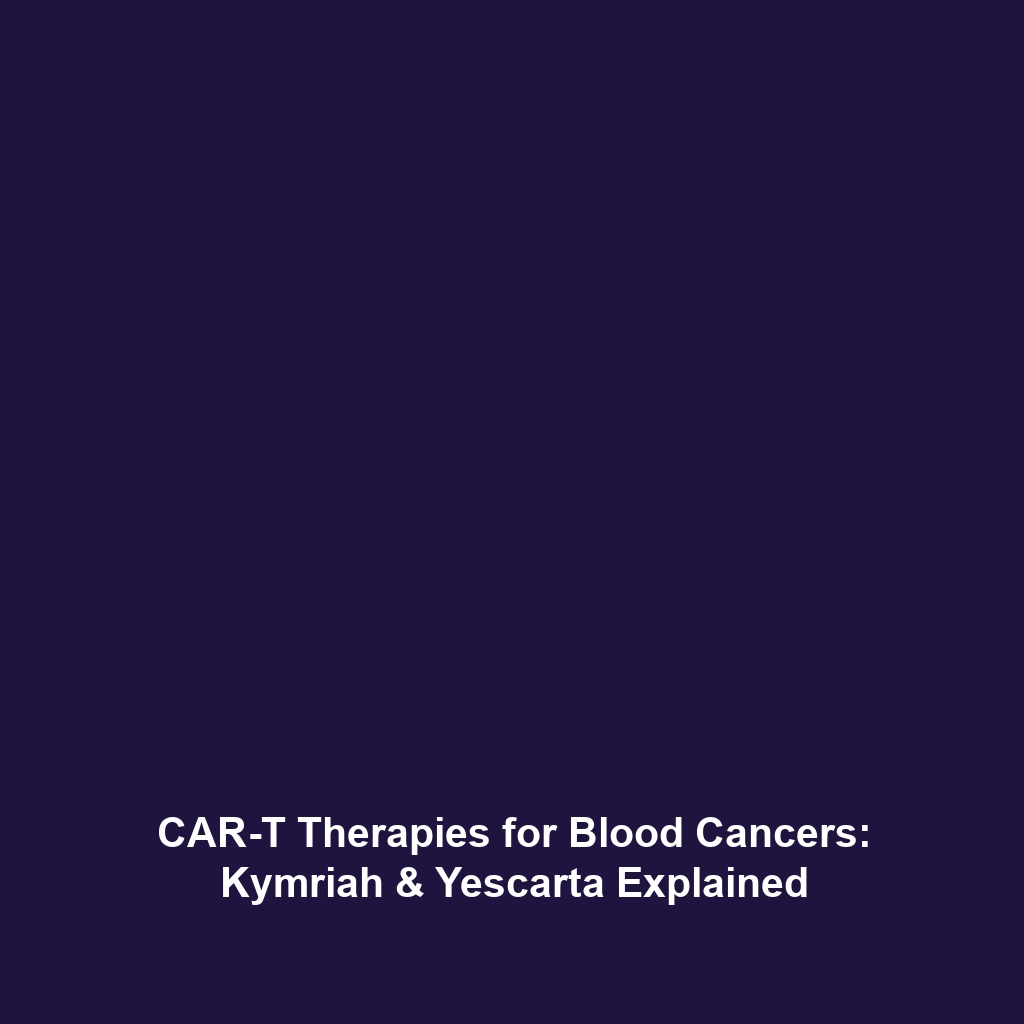How Targeted Therapies Like Tyrosine Kinase Inhibitors (TKIs) Can Enhance Immunotherapy Effectiveness
Introduction
The fusion of targeted therapies with immunotherapy represents a pivotal advancement in cancer treatment. Among these targeted therapies, tyrosine kinase inhibitors (TKIs) hold significant promise in augmenting the efficacy of immunotherapeutic approaches. This intersection is particularly vital in the realm of oncology, where enhancing the immune response against malignant cells can significantly improve patient outcomes. In this article, we delve into the mechanisms by which TKIs enhance the effectiveness of immunotherapy, the current applications, challenges faced, and future research directions in the field of Immunotherapy & Cancer.
Key Concepts
Targeted Therapies Overview
Targeted therapies, including TKIs, specifically inhibit the activity of certain enzymes or proteins overexpressed in cancer cells. By interrupting these critical signaling pathways, TKIs can induce apoptosis in cancerous cells and potentially reduce tumor burden.
Mechanisms of Action
When combined with immunotherapy, TKIs can:
- Enhance T-cell activation and proliferation
- Modulate tumor microenvironment to favor immune activity
- Reduce the immunosuppressive effects often exerted by tumors
Applications and Real-World Uses
The integration of TKIs in immunotherapy is transforming treatment protocols, particularly in various cancer types:
- Non-Small Cell Lung Cancer (NSCLC): TKIs addressing EGFR mutations can improve immune responses when combined with PD-1 inhibitors.
- Renal Cell Carcinoma: The use of TKIs like sunitinib alongside immunotherapy has shown synergistic benefits, leading to improved survival rates.
The practical applications of how TKIs enhance immunotherapy effectiveness showcase the evolving nature of cancer treatment and its focus on patient-centric therapies.
Current Challenges
Despite the promising potential, several challenges persist in the study and application of TKIs with immunotherapy:
- Variability in patient responses due to genetic differences
- Potential adverse effects associated with combination therapies
- Regulatory hurdles in approving combination treatments
Addressing these challenges is critical to realizing the full benefits of TKIs within the context of immunotherapy.
Future Research and Innovations
Ongoing research is exploring novel compounds and combination strategies aimed at optimizing the synergy between TKIs and immunotherapy. Breakthroughs such as next-generation TKIs and biomarker-driven approaches could pave the way for more individualized treatment regimens, enhancing the effectiveness and safety of these interventions in the ever-evolving landscape of Immunotherapy & Cancer.
Conclusion
In conclusion, the integration of tyrosine kinase inhibitors within immunotherapy frameworks offers a promising avenue for improving cancer treatment efficacy. As research advances, the potential for TKIs to complement immunotherapeutic strategies portends a future where personalized and combination therapies become standard practice. For more insights into cancer therapies, explore our articles on targeted therapies and immunotherapy advancements.





